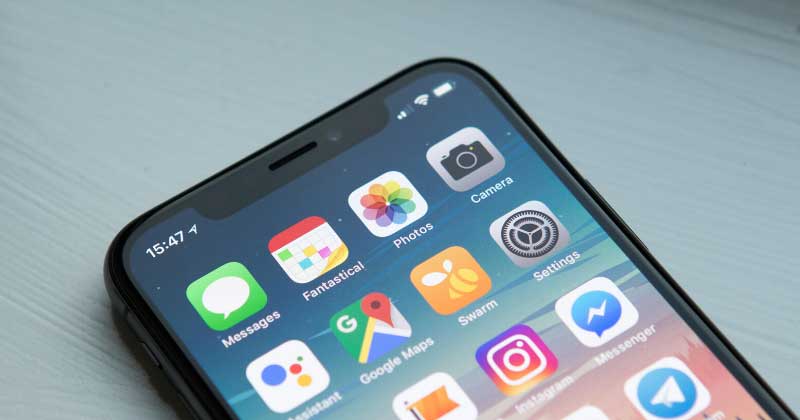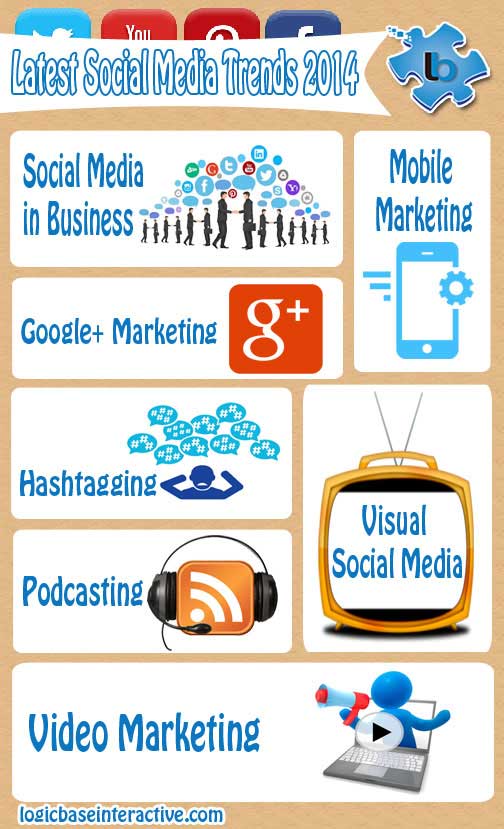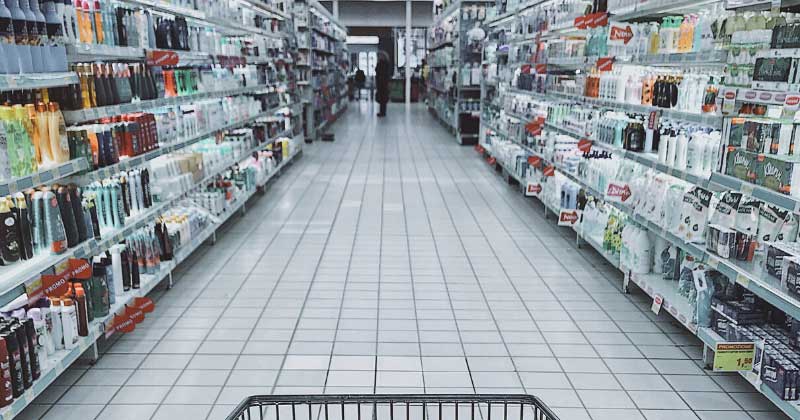
Social Media Platforms Respond to COVID-19
The COVID-19 is, without a doubt, one of the biggest historical events to occur during the digital age; no health emergency of its scale has happened since the rise of internet usage in the early 90s through to the present.
The effects of the pandemic is no clearer than through social media, as millions of people all over the world turn to platforms like Instagram, Twitter, and Facebook to keep in touch with each other.
Logicbase Interactive has looked up some of the ways that popular social media platforms are responding to the pandemic.
The photo sharing social media platform has had a field day with user-submitted content. In an announcement dated March 14, 2020, Instagram began cracking down on AR effects related to the COVID-19 pandemic. This response was brought on by the influx of “filters” on the social media platform that have been reported as insensitive by users, in consideration of the rising death toll resulting from the viral outbreak.
To wit, Instagram has this to say: “We will no longer allow people to search for COVID-19 related AR effects on Instagram, unless they were developed in partnership with a recognized health organization. This is part of our ongoing effort to better connect people with credible health information.”
The platform is also implementing an information campaign in some countries by placing announcements from WHO and local health ministries and agencies at the top of Instagram’s Feed.
Facebook has over 1.5 billion active users – and with the pandemic sending a considerable number of people to shelter at home, usage of the social media platform has gone up immensely.
This has led to higher numbers of user reporting, as well, for everything from offensive content posts to fake news posts. With Facebook sending a majority of its workforce to work remotely, several platform-native services like ads, profile picture frames, and content reporting have also been delayed.
The social media giant is gaining goodwill in other avenues, however. Facebook pledged $100 million in support of journalism efforts regarding the COVID-19 outbreak, as well as heightening its protocols for flagging inaccurate content. Facebook also suspended its rule of not fact-checking public figures to remove a misinformed post on the virus made by Brazilian President Jair Bolsonaro on the platform.
The affectionately-termed “bird app”, Twitter, immediately put in effect work-from-home protocols for its global staff of 4,900 employees.
In an announcement made through Twitter’s blog, Vice President Jennifer Christie writes: “Our top priority remains the health and safety of our Tweeps, and we also have a responsibility to support our communities, those who are vulnerable, and the healthcare providers who are on the front lines of this pandemic. To continue this push, we are moving beyond our earlier guidance of “strongly encouraging work from home” provided on March 2 and have now informed all employees globally they must work from home.”
The micro-blogging platform also provided resources for its employees to maintain quality of living while working from home, such as paid childcare services.
On the user side, Twitter has strengthened its use of machine learning and automation to flag and review potentially abusive and manipulative content. The platform is also coordinating and partnering with health ministries and agencies in broadening the platform’s definition of harmful content, and providing Twitter users with accurate information and relevant live updates from their respective counties, cities, or countries.
IN SUMMARY
Social media responses to the ongoing COVID-19 crisis will serve as precedent for future emergencies. With this in mind, social media giants are creating the basis for what responsible emergency responses should be like. Observing how these platforms adapt and reshape our interactions with each other over social media may give us a clearer picture of what life will be like post-pandemic.
With the overall focus highlighting positive and helpful information, with humane practices and social welfare taking center stage, the future is optimistic and hopeful.




